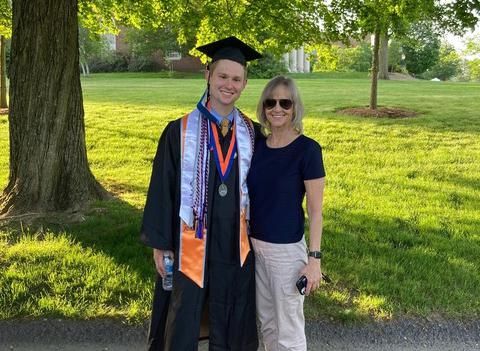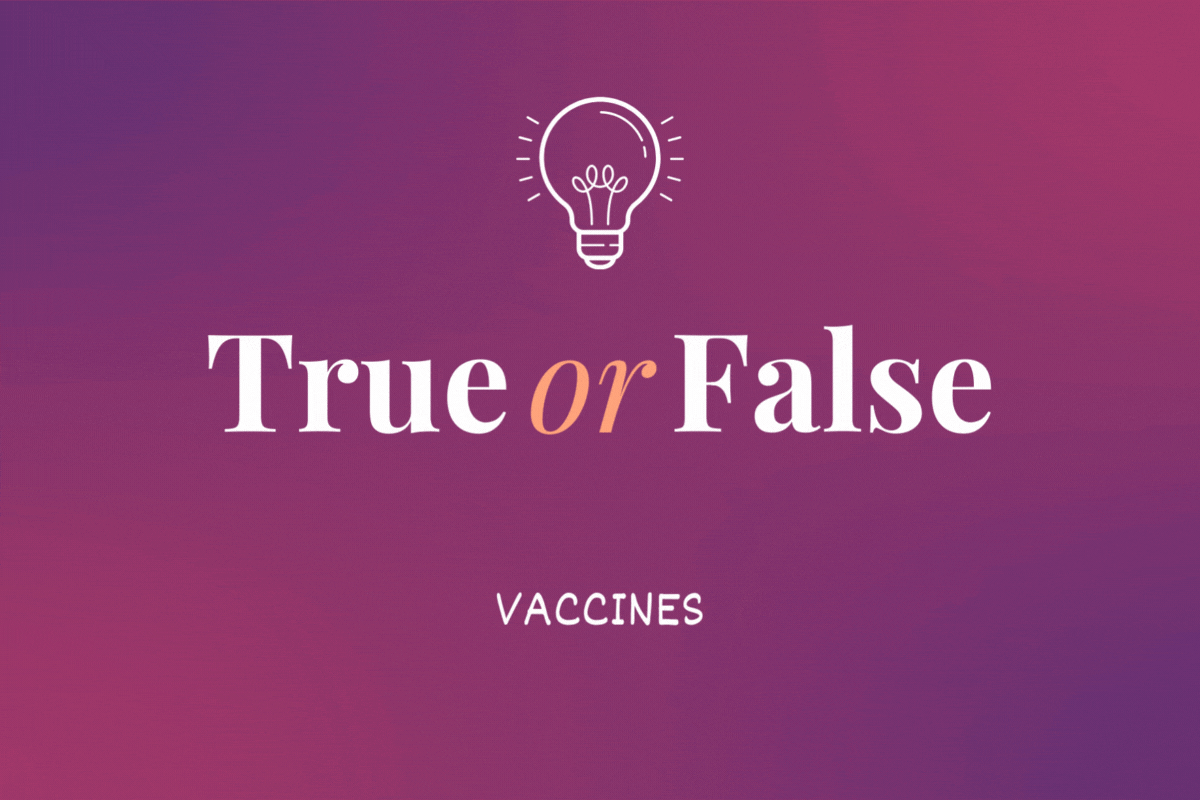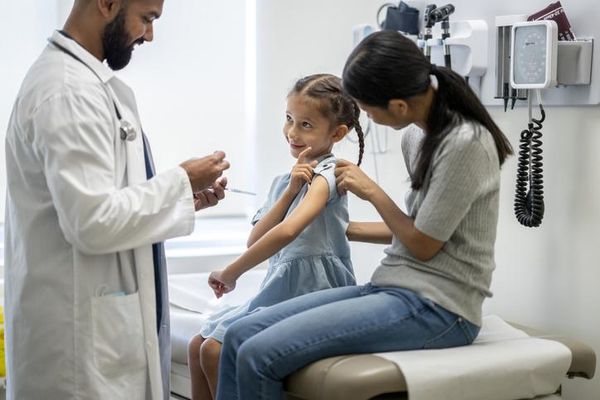As told to Erica Rimlinger
That Thanksgiving, a stomach virus was going around.
My son Jackson, a freshman at Bucknell University, returned to our home in Colorado a few days before the Thanksgiving holiday in 2017, perfectly healthy. But two nights before Thanksgiving, he started throwing up and spiked a fever. Wednesday night, he seemed to be improving, and we were encouraged that he had kept down some food that evening: some soup and applesauce.
Thanksgiving morning, he slept late. I knocked on his door, softly at first, then louder. “Jackson?” I called. I opened the door and couldn’t believe what I saw on the bed. Jackson was sprawled on the bed, covered in vomit. His eyes were open but he was completely unresponsive and unseeing. There was a purple rash all over his body. He was burning up. He didn’t know I was there but kept reaching his arms out. “Jackson!” I addressed him in panic. His eyes looked through me. “Jackson, can you talk? Are you awake? If you can hear me, answer me. Otherwise, I’m calling 911.”
I called 911.
Jackson had joined the crew team at Bucknell. He was 6’3” and in the best condition of his life. Before he got sick, he could do rowing workouts for hours. He was a strong, healthy, bright young man at the top of his game. Now, this Thanksgiving morning, he was carried out of the house by a team of paramedics too urgently engaged with stabilizing his vital signs to speculate why my healthy, strong son was now clinging to life. By the questions they asked, I suspected they were trying to rule out a drug overdose. He had a stomach virus, I told them. There was a stomach virus going around.
At the hospital, he was examined in the emergency department, where doctors determined he was in septic shock and multiple organ failure. Because of Jackson’s telltale rash, a symptom of meningitis, doctors performed a spinal tap, rushed him to the ICU and started treatment with antibiotics.
“Jackson is vaccinated against meningitis,” I insisted. Jackson had all his vaccines. I was vigilant about my children’s healthcare. If the pediatrician recommended a vaccine, I’d make sure my child received that vaccine. What was going on? The doctors suspected meningitis. If they waited for an official diagnosis, he would die in the meantime. He might, we were told, die anyway.
The spinal tap confirmed meningitis. How did this happen? The medical team explained the vaccine Jackson had, called the ACWY vaccine, didn’t protect against meningitis B. Meningitis B can spread quickly on college campuses because college students live so closely together. In 2017, when Jackson got sick, the meningitis B vaccine was fairly new in the U.S. and not well-known by most pediatricians. It wasn’t required by many colleges either. Bucknell’s medical director had recommended the vaccine to be required for incoming freshmen … and it was approved for the fall of 2018.
Because meningitis is very contagious, I started calling Jackson’s friends, girlfriend, college roommates, the school and even the airline Jackson had flown home on to warn them. I learned his crew teammate was also being treated in the hospital in New York and, like Jackson, was fighting for his life. Also, like Jackson, his teammate had been vaccinated.
The Bucknell administration declined my request to alert the school to Jackson’s condition. They told me the Department of Health had informed them that a meningitis incident wasn’t an outbreak until the second person was officially diagnosed. Why would you wait? I asked. If we’d been warned, we could have gotten to the hospital sooner.
As it was, we had only reached the hospital in the nick of time. Jackson was intubated in the ICU and heavily sedated, with mittens on his hands to keep him from ripping out his IV antibiotic line and feeding tubes. He was sedated even more during procedures, but he would thrash his legs. His blood pressure and heart rate were low. “Is it because he’s an athlete?” I asked, hopefully. No, they said. He’s struggling to stay alive.
On Saturday, doctors started waking him up. The main thing they’d have to look for, I was told, was a change in his cognitive abilities. As the medication left his system, Jackson was thrashing, upset. “Tell me what hurts,” I insisted. He said something like “Ow” or “Mow.” “It’s his mouth — take the tubes out of his mouth. They’re hurting him,” I told the nurses. When the tubes were removed, Jackson opened his eyes. “Ow, that hurt,” he said, fully awake.
For the first time in four days, he was gaining awareness of his surroundings. The medical staff asked him questions to ascertain his awareness. “Jackson, what’s your name?” a nurse asked him.
“Well, I think you know my first name,” he answered jokingly. I exhaled fully. He was back.
He wasn’t back entirely, however. There was a long road to recovery after that night. Jackson’s memory had been photographic before the illness. Now, his cognitive functioning had slowed down. His IQ was the same, but he needed to take things slowly now. He was able to take his first semester finals seven months late: in July instead of December. But he was able to drive by April. That summer, he was strong enough to mow lawns in the neighborhood, and by the following school year, he was himself again. Today, Jackson is a first-year law student at Cornell Law School having graduated from Bucknell summa cum laude after two years as captain of the crew team.
Jackson’s determination on his road to recovery has inspired me to advocate and educate parents. Talking about what happened that Thanksgiving morning and reliving those events is stressful and upsetting, but it’s worth reliving if I can convince one more parent to ask their child’s pediatrician about the meningitis B vaccine.

- Fast Facts: What Parents Need to Know About Meningitis B ... ›
- Questions to Ask Your Child's Healthcare Provider About Meningitis B ›
- My Daughter Jamie Lost Her Legs and Fingers in a Ferocious Battle ... ›







